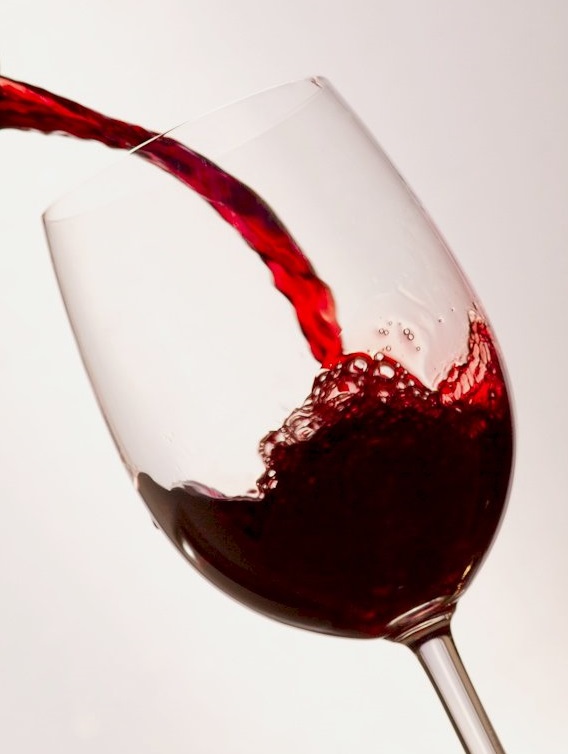FWP:
This verse has provoked unusually interesting commentary, especially Nazm's analysis of the use of goyaa , and Faruqi's pithy and effective rejoinder. Ghalib's lover-persona, after all, claimed to show every day a scar that people mistook for the rising sun (see {62,8}); and matter-of-factly planned to buy a new heart and life in the bazaar (see {62,4}); and produced dozens of other equally extravagant conceits. It's hard to believe that such a poet ever devoted one single moment to worrying about problems of exaggeration or hyperbole. As Faruqi rightly notes, the root of metaphor is often exaggeration, and the ghazal world in general-- not to speak of Ghalib's inventive genius in particular-- is founded on metaphor. Nazm would almost agree about the ubiquity of such hyperbole-- except that with the 'natural-poetry' part of his mind he thinks it's deplorable (though the other part knows better).
Nazm says that goyaa is saved from being mere 'padding' by its use in reducing the effect of hyperbole. Faruqi rejects this idea and says that it must be there for 'some other purpose'. But what might this other purpose be? In this verse, unlike so many others (see {5,1} for examples), the double meanings of goyaa are not exploited. If we imagine its absence, it's hard to see any harm to the verse, other than of course unmetricalness. So have we actually caught Ghalib here in a case of (oh, the horror!) padding?
And then,extravagant or not, how exactly does the metaphor work? Owen Cornwall points out the possible Qur'anic source. Is the verse then mystically profound (with the glass and wine representing the Divine immanence), or is it rakishly mischievous (with the glass and wine proving even more intoxicating than God's presence, since they operate through mere external touch)?
This verse also recalls {208,13},
in which not even physical contact is needed: in that verse the speaker, too incapacitated even to
lift a hand, finds something he craves (vitality? delight? intoxication? life?)
in the very sight of the wineglass and flagon.

Nazm:
The word goyaa is constantly used by many poets as padding, but such is not the case in this verse. If this were were removed from here, then the exaggeration would transgress the bounds of possibility, and the meaning would be that in real fact the lines became arteries. And in the rules of eloquence [balaa;Gat], exaggeration that would go beyond the bounds of possibility is not considered praiseworthy. But a number of poets in this age constantly and freely say such exaggerations and hyperbole-- rather, they consider it a verbal device. Here, in order to reduce the exaggeration, the author has used the word goyaa . (119)
== Nazm page 119